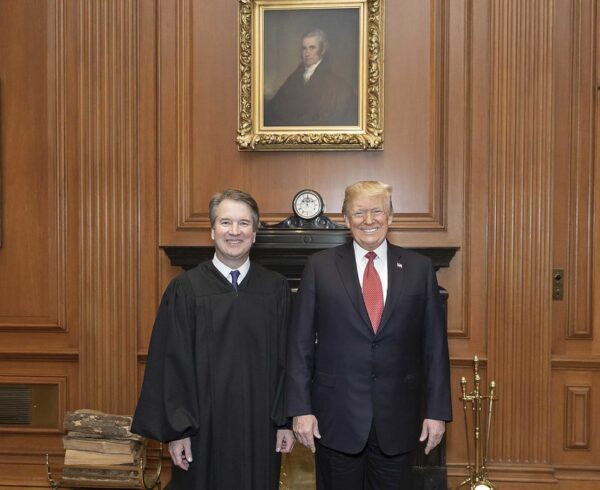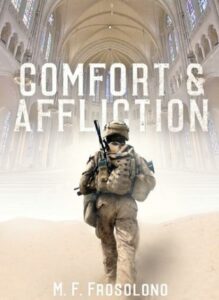My good friend and highly valued former colleague at the old Burroughs-Wellcome pharmaceutical company, Richard Fleck, suggested I could have said a lot more in my previous blog post—Same Sex Marriage: Why The Fuss In Alabama? Rick particularly and rightfully pointed out that I could have invoked Amendment 14, Section 1, of the U.S. Constitution:
All persons born or naturalized in the United States, and subject to the jurisdiction thereof, are citizens of the United States and of the state wherein they reside. No state shall make or enforce any law which shall abridge the privileges or immunities of citizens of the United States; nor shall any state deprive any person of life, liberty, or property, without due process of law; nor deny to any person within its jurisdiction the equal protection of the laws.
Section 5 of this Amendment gives Congress the power to enforce, by appropriate legislation, the provisions of the amendment.
Originally, the 14th Amendment was primarily concerned with reintegrating the southern states after the Civil War (The Southern Insurrection, The War for Southern Independence, The Bonnie Cause) by defining some of the rights of recently freed slaves, as well as all other citizens. Section 1 of the Amendment, however, revolutionized Federalism because the Supreme Court of the U.S. (SOTUS) gradually interpreted the Amendment to mean that guarantees of the Bill of Rights apply to the states as well as to the national government.
Our national Constitution strikes an appropriate balance between the rights and obligations of state and Federal governments, chiefly through the 10th Amendment:
The powers not delegated to the United States by the Constitution, nor prohibited by it to the States, are reserved to the States respectively, or to the people.
Although somewhat of a simplification, the Southern states used 10th Amendment-type arguments to justify slavery in their territories as a states’ right because slavery was not defined in the Constitution as a power delegated to the Federal government. Additionally, many people in the South claimed a religious justification for slavery based upon torturous interpretations of Holy Scripture. Thus, the claim exists today in the minds of all too many people that the Civil War was not chiefly about slavery but about states’ rights and religious freedom. Of course, slavery was the major states’ right under contention at the time of the Civil War as Vice President of the Confederacy, Alexander Stephens, asserted in in his “cornerstone speech” delivered in Savannah, GA on March 21, 1861:
Our new Government is founded upon exactly the opposite ideas; its foundations are laid, its cornerstone rests, upon the great truth that the negro is not equal to the white man; that slavery, subordination to the superior race, is his natural and normal condition.
States such as Alabama and Texas employ remarkably similar reasoning in their opposition to same sex marriage, albeit often with more of a religious and traditional patina in order to circumvent the idea that same sex marriage is a civil right under the 14th Amendment. Once again, we see Southern and some other states fighting for an inappropriate and lost cause to delay the inevitable.
Interestingly, attorney generals of Texas have utilized a cornerstone argument in opposition to same sex marriage by declaring that marriage between a man and a woman must be preserved because it is a long-standing tradition forming the cornerstone of society as we know it; furthermore, marriage is an institution for the states, not the Federal courts, to decide. Also, banning same-sex marriage supposedly benefits the public good by promoting responsible procreation—the primary goal and responsibility of marriage. Accordingly, sex—even between heterosexuals—solely for enjoyment is unconstitutional in Texas.
In my previous post, I summarized arguments that marriage is a civil right as well as, for some people, a religious sacrament. I expect SCOTUS to rule on this issue of marriage as a civil right for hetero- and homosexual couples by invoking the 14th Amendment. That is, no state can deprive an individual citizen or groups of citizens of their civil rights regardless of state constitutional amendments banning same sex marriage.
The 1st Amendment to the U.S. Constitution prohibits adherents of one religion from imposing—by passage of laws—religious strictures on people who do not adhere to that religion:
Congress shall make no law respecting an establishment of religion, or prohibiting the free exercise thereof.
So, after SCOTUS rules on the constitutionality of same sex marriage, how can people, e.g., some Judeo-Christians, who abhor same sex marriage and homosexuality in general express their opposition under the Constitution? Preach their version of Holy Scripture without attempting legal imposition of such views.










